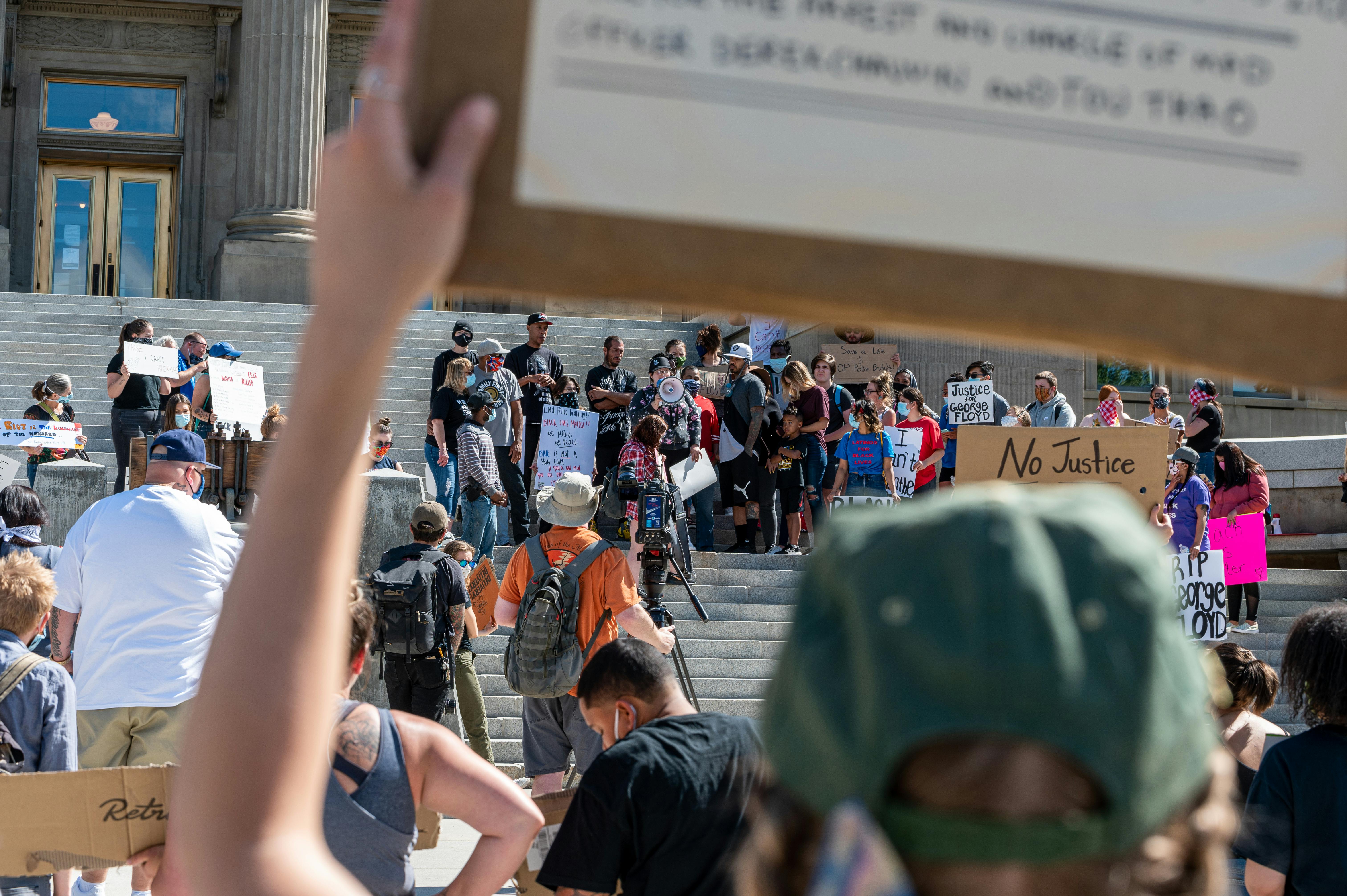How to Find a Workers’ Compensation Lawyer
Finding a workers’ compensation attorney is a difficult task. Finding a qualified and experienced attorney is an even more difficult task.
After suffering a broken wrist at work, I realized that workers’ compensation is a specialty and that I was embarking on a search for a specialist In his field.
This understanding was not exactly momentous on my part, but it provided a focus and argument in favor of symmetry. If I encountered a pipe break at home, I would not hire a general contractor. I would hire a licensed plumber. If my company needed a logo redesign, I would not hire a freelancer; I would hire a graphic artist.
So after a doctor didn’t exactly fill me with confidence about my treatment plan, and I was waiting for my employer to review my claim anyway, I figured it would be best for me to not only hire an attorney, but also whoever could. meet. It was certainly a difficult task.
An imperfect but ultimately successful search
My search for a workers’ compensation attorney was not without wrinkles, but I learned how to fix them until I found the right one for me:
What I did: I started with the Florida division of the American Bar Association.
What I learned: This seemed like a logical start, until I saw that there is also an Orange County Bar Association because Orlando is located in Orange County.
What I did: In trying to narrow my search to workers ‘compensation, I ended up on Lawyers.com with, effectively, a page of workers’ compensation lawyers.
What I learned: With over 50 names to sort through, one question struck me: Did you want an attorney who was a member of a large firm or someone from a smaller firm?
What I did: Obviously, there are advantages and disadvantages to both options. In the end, it’s probably a matter of preference. I was strongly inclined to find someone in a small business because I assumed I would get a level of personality that appealed to me. But I thought I would do what many people do at the beginning of their search for a workers’ compensation attorney: they ask friends, family, and co-workers for recommendations.
What I learned: Help your cause if your friends, family, or co-workers have filed a workers’ compensation claim. None of mine had, so I felt like I was starting over. For me, this was the lowest point in the process.
What I did: I joined and decided to “go local” by doing an internet search on my own.
What I learned: I reminded myself that finding a workers’ compensation attorney can be a recursive process, like all research projects, so I decided that the time I put in would finally be worth it.
What I did: I spent hours reading the websites of various attorneys who practiced workers’ compensation law. This was not as time consuming as it seems. First impressions really speak volumes. I kept coming back to the website that I liked the most, one that was informative, well written, and professional. He stood out, head and shoulders, among all the others.
What I learned: Trusting my own judgment was paramount. I wanted someone who conveyed skill and personality.
What I did: I dug a little deeper, probing for the experience factor I was looking for the most at first. I really wanted a specialist, and a successful one.
What I learned: When I saw that this particular attorney cited the outcome of their workers’ compensation cases, they practically sold me. I did not see this information on any other website.
What I did: I called the attorney to set up a meeting, treating this “initial consultation as the attorney’s job interview.”
What I learned: I liked this approach, both professional and friendly. I took notes while asking some suggested questions:
- How many years have you been handling workers’ compensation claims?
- How much of your practice is devoted to workers’ compensation?
- Can you represent me throughout the workers’ compensation process, including administrative hearings and appeals?
- Can you provide references?
- Will you personally work on my case or will the paralegals and paralegals handle most of the work?
- When I call your office with a question about my case, will I speak to you or a paralegal?
- Can you explain to me how a workers’ compensation claim proceeds through the system? How do attorney fees work?
- Will I be charged for costs related to the litigation, and if so, what do these costs include? Will I be charged even if my case is unsuccessful?
Honestly, I didn’t even finish my list of questions before deciding that I had found the ideal attorney to represent me. His demeanor, highly intelligent but personable, professional but down to earth, convinced me in a matter of minutes.
Yes, finding a workers’ compensation attorney is a difficult task. But when you take the time to let the process evolve, you can also fulfill that order.
